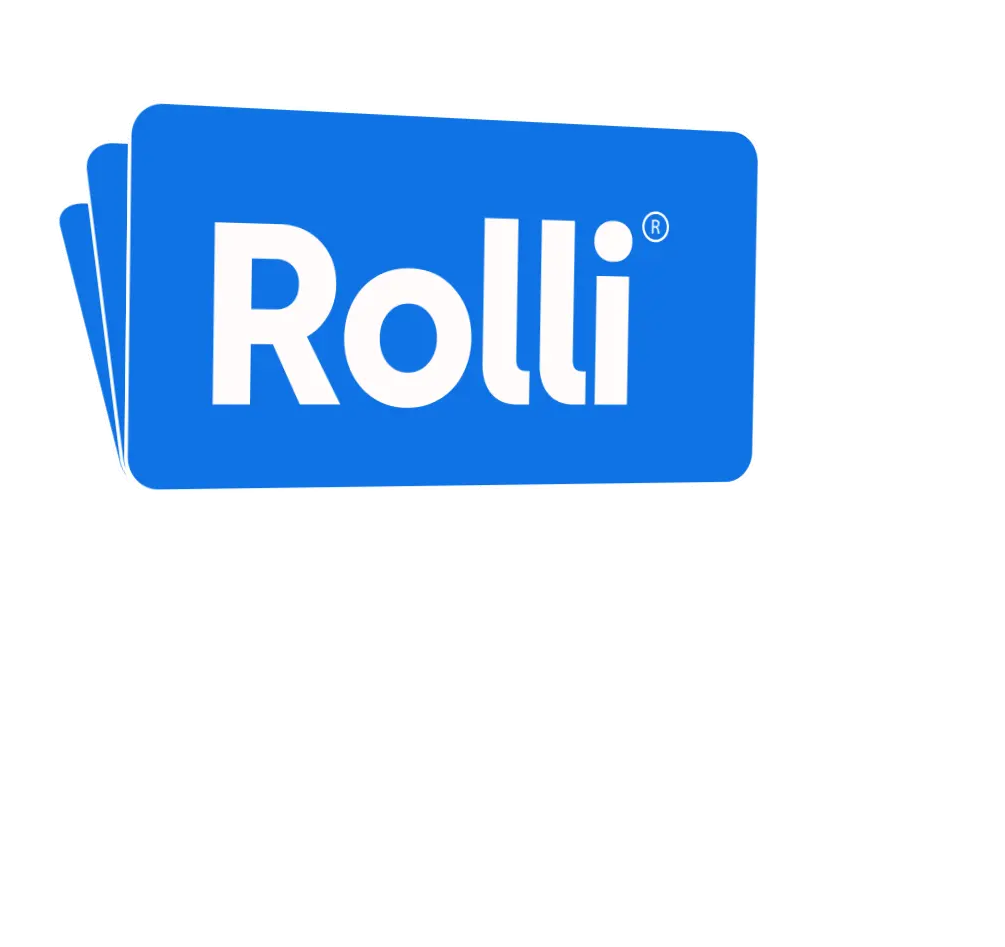National Journalism Day or as it is formally known, World Press Freedom Day, is observed every year on May 3rd.
What is the history of National Journalism Day or World Press Freedom Day?
World Press Freedom Day, or as some people refer to it, National Journalism Day, is celebrated every May 3rd and it is meant to highlight the important work that journalism plays in democracies and informing the public.
According to the UN, the General Assembly voted to make May 3rd World Press Freedom Day back in December of 1993. The day marked the anniversary of a conference that had been held in Namibia two years prior in which the importance of a free press for fostering dialogue and criticism was discussed.
Out of that meeting came the Declaration of Windhoek, which declares information as a fundamental human right. After all, the UN's and UNESCO's main mission is to promote the "free flow of ideas" across nations.
In a previous blog post we looked at why journalism is important for a functioning democracy.
What is the significance of National Journalism Day?
Journalism can be a dangerous profession, because good journalists often work on investigations, highlighting corrupt senior officials in government or less than moral police conduct.
Because the media acts as a watchdog, informing the general public and bringing light to issues, many journalists face threats, assaults, harassment and at times death.
That is why honoring the work that the press does through National Journalism Day, World Press Freedom Day and any other day is important.
In this previous blog post we looked into 5 of the most impactful and influential journalists.
A Free Press
A free press is sometimes considered to be the fourth pillar or the fourth branch of government. That's because without news disseminated by a free press, a citizenry will be uninformed and incapable of making decisions about their government.
That is why the freedom of the press is guaranteed under the US Constitution's first amendment known to many for the other important right enumerated: freedom of speech.
About the author
Nick Toso is a former CNN television producer and journalist. He worked in the Washington DC Bureau for nearly a decade, during his time, he helped produce interviews with dozens of presidents and world leaders, including President Obama, Clinton, and more.
During his time in the newsroom, Nick saw the impact that having vetted and diverse subject matter experts had on the quality and depth of news coverage– and how it led to more equitable representation in the media, and meaningful public discourse. Nick wanted to provide his team with better tools to accomplish this goal, but few existed so Nick created Rolli (Rolliapp.com).
Rolli's searchable Newsroom as a Service™ platform empowers all journalists with the resources and research of a state-of-the-art newsroom.
